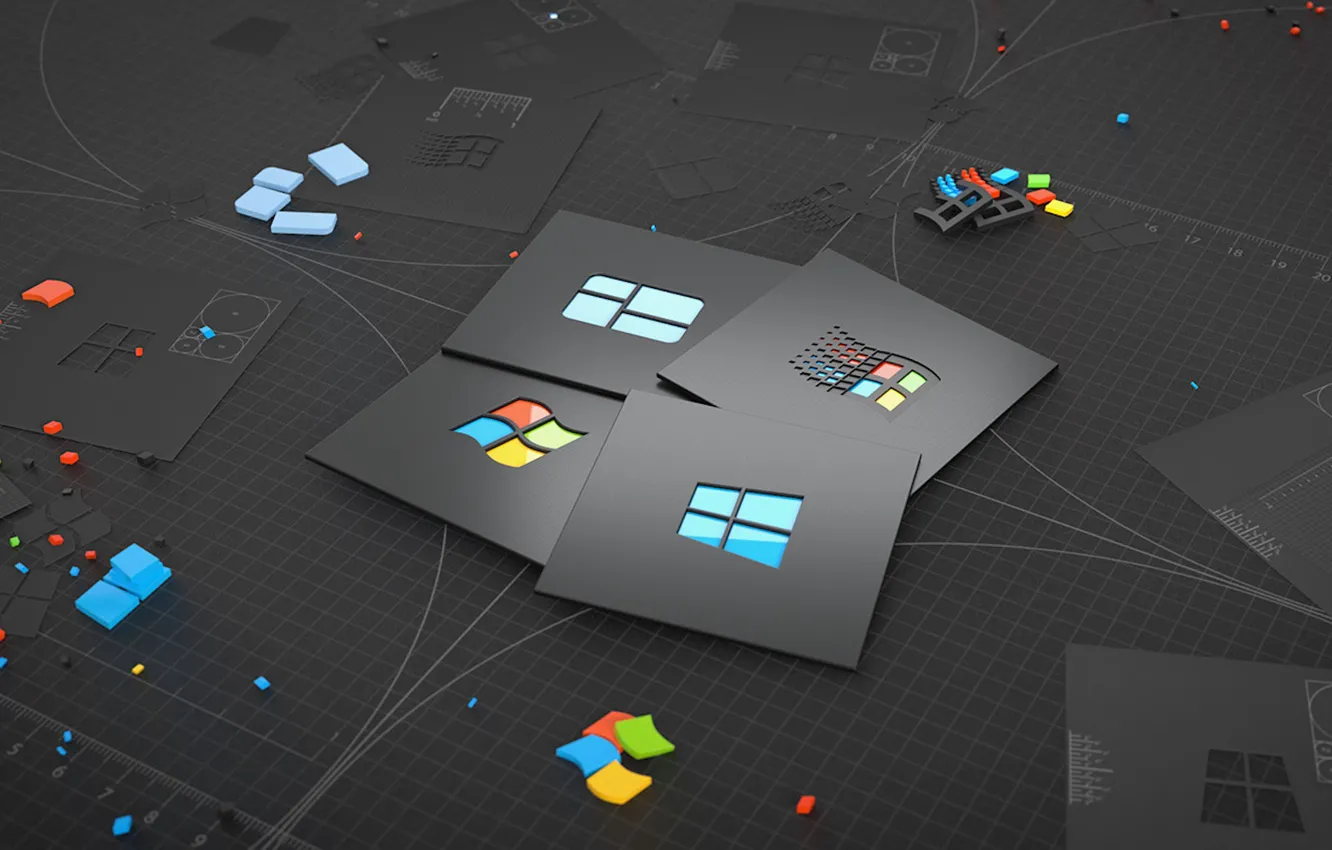What Is Windows 12 and Why Everyone's Talking About It?
Microsoft is quietly working on its next-generation operating system, widely referred to as Windows 12. Although it’s not officially confirmed yet, insiders and tech analysts believe it will be a major leap forward from Windows 11, with AI-driven features, UI changes, and more.
So, when is it coming? What features are expected? Should you wait for Windows 12?
Let’s break it all down — only on techfixeasy.site.
When Will Windows 12 Be Released?
While Microsoft has not officially announced Windows 12 as of now, credible leaks and sources suggest the release will be:
Expected Release: Fall 2024
According to several reports from Microsoft Insiders, the company is aiming for a release window around September to November 2024.
But Here’s the Catch:
Microsoft hasn't confirmed the name “Windows 12”. Just like how Windows 9 was skipped, Microsoft may surprise us again with a different naming scheme — possibly something like:
-
Windows Next
-
Windows AI
-
Or just a major Windows 11 24H2 update
Internally, the project is known as “Next Valley”, the successor to Windows 11's “Sun Valley”.
Expected Features of Windows 12
Although the full feature list is still under wraps, leaks and prototype designs showcased by Microsoft hint at several major upgrades:
1. AI-Powered Experience
Artificial Intelligence will play a central role in Windows 12. We’re talking about:
-
Smarter search results
-
Context-aware suggestions
-
Better voice control
-
Integrated Copilot AI assistant
Microsoft has already added Copilot in Windows 11 — and it may be fully matured in Windows 12, becoming an everyday helper.
2. Redesigned Lock Screen & Notification Center
Leaked design mockups suggest a more personalized lock screen, with:
-
Live notifications
-
Smart widgets (calendar, reminders, emails)
-
Quick access tools
The notification center is also being reworked to feel more modern and streamlined.
3. Modular System Design
Windows 12 may introduce a modular architecture — similar to what we see in Android. This will allow Microsoft to:
-
Push faster updates
-
Keep the OS lightweight
-
Optimize performance across devices (PCs, tablets, ARM chips)
4. Updated UI and Desktop Layout
The prototype desktop seen during Microsoft Ignite hinted at:
-
Floating taskbar
-
Transparent widgets at the top
-
AI-based search bar
-
More minimalist design
It’s clear Microsoft is aiming to modernize the user interface significantly.
5. Cloud-Powered Enhancements
With more devices connected online than ever, Windows 12 may rely on cloud-based settings, profiles, and syncing. You might:
-
Start a task on one PC and finish on another
-
Sync themes, preferences, and files seamlessly
-
Access settings from anywhere
But What If It’s Not Called Windows 12?
That’s a real possibility. Microsoft has a history of surprising naming decisions:
-
After Windows 8, everyone expected Windows 9.
-
But Microsoft jumped straight to Windows 10 — possibly due to legacy app compatibility issues.
So don’t be surprised if we see:
-
Windows Cloud
-
Windows AI
-
Or just Windows 11 Version 24H2
Regardless of the name, the features are still expected to roll out in the 2024 release cycle.
Will Your PC Support Windows 12?
That’s the big question for many users. Windows 11 already raised the bar with:
-
TPM 2.0
-
Secure Boot
-
Newer CPUs
For Windows 12, Expected Requirements Might Include:
-
8th Gen Intel or later
-
TPM 2.0
-
At least 8 GB RAM
-
SSD storage preferred
-
AI-enabled processors (on new laptops)
Microsoft might focus more on modern hardware, leaving old PCs behind.
Tip: If your PC is already running Windows 11 smoothly, it should likely support Windows 12.
Why Is Microsoft Moving So Fast?
In the past, Windows releases were years apart — remember Windows 7 to 10? But with cloud updates, AI race, and Apple’s yearly macOS updates, Microsoft is now shifting to a faster release cycle.
They want to stay competitive, especially in:
-
AI productivity tools (against Google)
-
Touch and ARM device support (vs. iPadOS/macOS)
-
Gaming (via Xbox ecosystem and Game Pass)
Windows 12 Security Enhancements
Security has always been at the core of Windows updates. For Windows 12, we expect:
-
Smarter phishing protection
-
Cloud-based ransomware detection
-
Advanced login options (Face ID, PIN, fingerprint)
-
Real-time AI-based malware detection
Should You Upgrade?
Upgrade If:
-
You want access to the latest features
-
Your PC meets the expected hardware requirements
-
You're already on Windows 11
Hold Off If:
-
Your system is older
-
You rely on legacy software
-
You prefer to wait for stable releases
Like all major OS updates, early versions may have bugs. It’s smart to wait a few months after release unless you love testing new tech.
Final Words from techfixeasy.site
While Windows 12 (or whatever it ends up being called) is still a work in progress, one thing is clear — it will be smarter, faster, and more personalized than any previous version.
From AI integration to design overhauls, Microsoft is betting big on the future of computing.
Stay tuned to techfixeasy.site for real updates, not rumors — we’ll be the first to break down real features once they’re officially announced!

